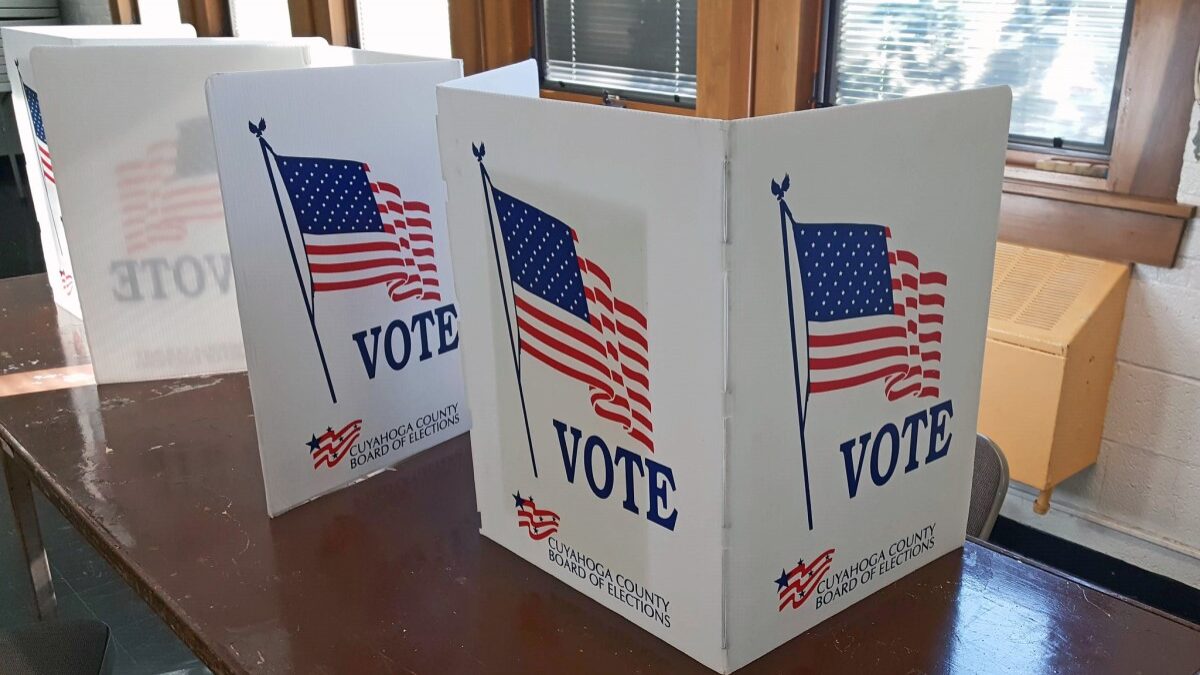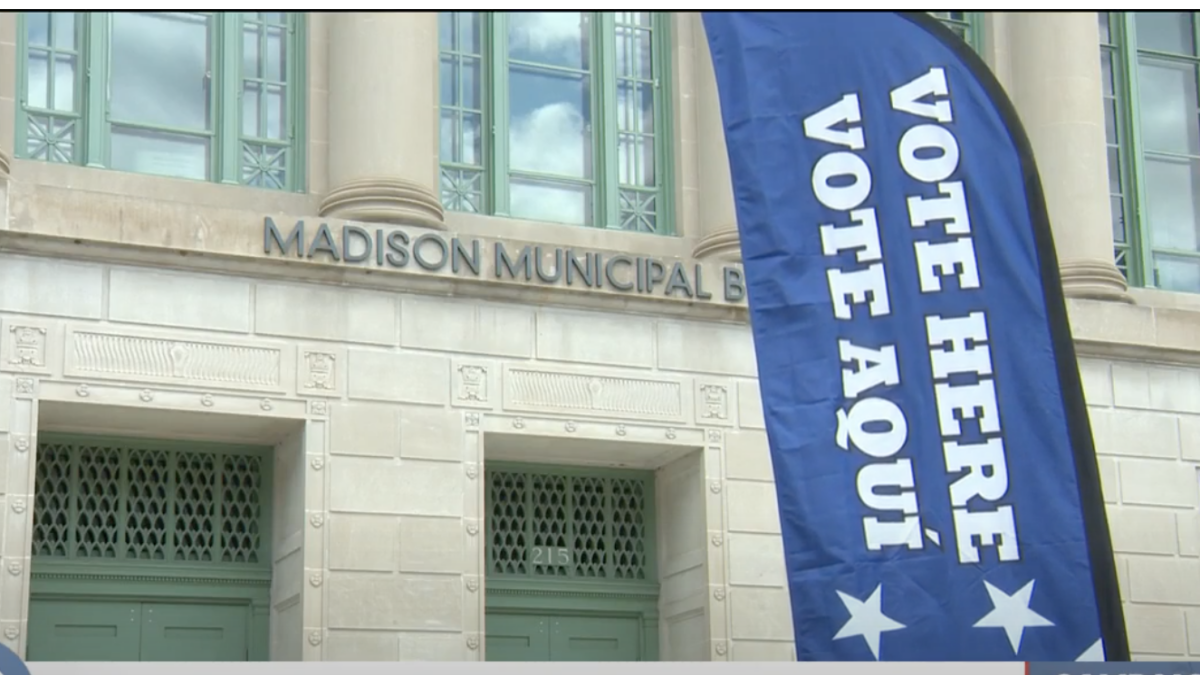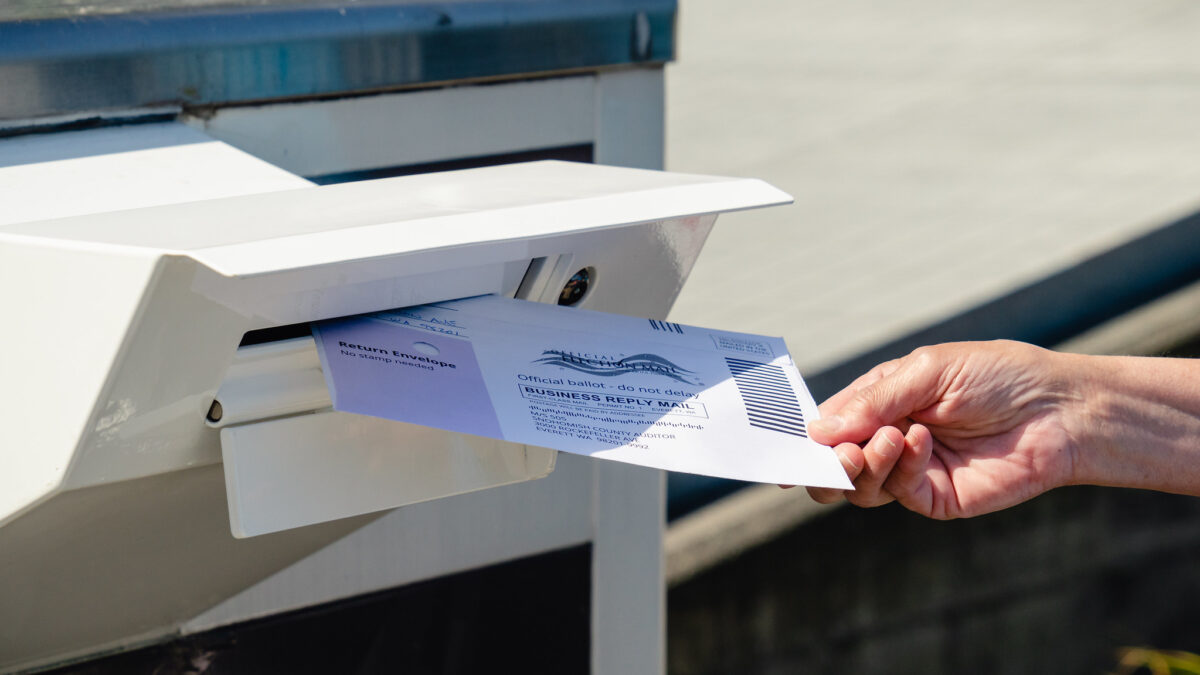
Alaska must disclose data reports from the leftist-controlled voter-roll “maintenance” group known as ERIC, according to a stipulated order issued in federal court on Wednesday.
Judge Sharon Gleason of the U.S. District Court for the District of Alaska oversaw the agreement that determined Lt. Gov. Nancy Dahlstrom must turn over ERIC data reports concerning potentially deceased individuals on Alaska’s voter registration lists to the Public Interest Legal Foundation (PILF), a law firm that works to uphold election integrity throughout the country.
For context, ERIC, or the Electronic Registration Information Center, is a widely used voter-roll management organization founded by Democrat activist David Becker that was “sold to states as a quick and easy way to update their voter rolls.” In actuality, ERIC inflates voter rolls by requiring member states to contact eligible but unregistered residents to register to vote.
In its lawsuit against Dahlstrom, PILF alleged that “ERIC reports are ‘records’ subject to the disclosure provision of the National Voter Registration Act (NVRA).” Under the NVRA, states are required to make “available for public inspection, for a period of at least two years, all records concerning the implementation of programs and activities conducted for the purpose of ensuring the accuracy and currency of official lists of eligible voters.”
The two exceptions to this provision are documents disclosing the identity of the government department through which any specific registrant was registered and those documenting that an individual declined to register to vote.
Prior to its lawsuit, in August 2021 PILF had filed a request with the Alaska Division of Elections for ERIC data from 2019-2021 “concerning registered voters identified as deceased or potentially deceased” and reports “showing all registrants removed from the list of eligible voters for reason of death” for those same years. While the division released some of the requested data in September 2021, it denied the first request. Following a months-long dispute between PILF and the agency over the aforementioned information, PILF ultimately filed suit against Dahlstrom in January 2022.
According to the Wednesday order, Dahlstrom must provide PILF with the state’s ERIC data reports from 2019-2021. Information such as voter identification numbers, however, are to be redacted. Data from the Social Security Administration must also be redacted from the 2021 reports.
“This is a landmark victory to knock down ERIC’s wall of secrecy,” PILF President J. Christian Adams said in a statement. “I want to thank the Alaska Attorney General, Treg Taylor, for his commitment to transparent elections. All other ERIC member states should take notice that the public has a right to inspect ERIC records.”
Secrecy is just one area of concern when it comes to the Becker-founded organization, however. As The Federalist and others have reported, ERIC enjoys an active relationship with the Center for Election Innovation and Research (CEIR), another Becker-founded group notorious for its interference in the 2020 election.
CEIR, along with the Center for Tech and Civic Life, dumped hundreds of millions of “Zuckbucks” into battleground states across the country. These grants were used to push insecure Democrat-backed voting practices and were heavily skewed toward blue municipalities, effectively making it a giant Democrat get-out-the-vote operation.
In its relationship with CEIR, ERIC transmits the voter-roll data it receives from states to the organization. Upon receiving this data, CEIR then creates “targeted mailing lists and sends them back to the states to use for voter registration outreach.” This process essentially allows CEIR — a partisan nonprofit with a history of left-wing activism — to craft lists of eligible-but-unregistered (and likely Democrat) voters for states to register ahead of elections.
Concerns over ERIC’s partisanship have prompted numerous leading GOP election officials to withdraw their respective states from the organization. This growing list includes jurisdictions such as Texas, Virginia, Florida, and others.









